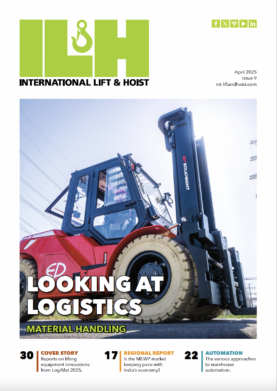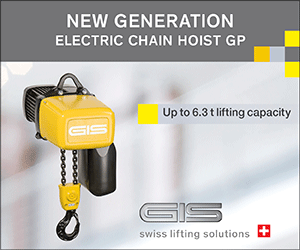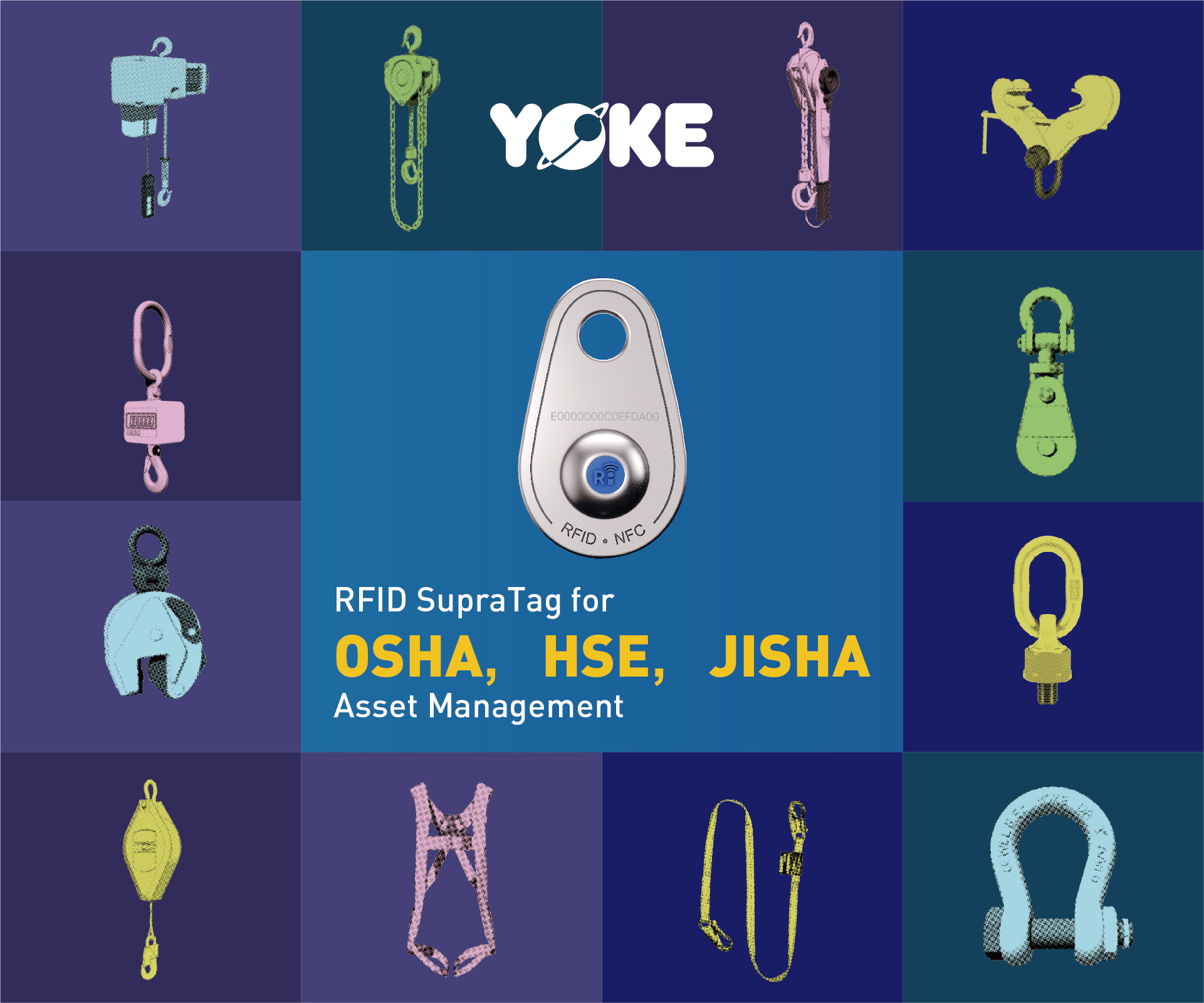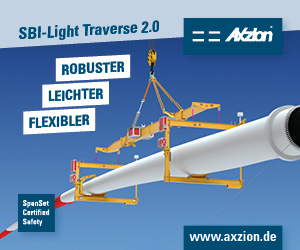)
DLM pioneers industry sustainability drive
Dynamic Load Monitoring (UK) Ltd. (DLM), of Southampton, UK is pioneering a series of measures to inspire the engineering sector to be greener and more sustainable. The strategy will align the business further with the industries it services day-to-day, especially renewable energy.
DLM has been ISO 14001 certified for many years, which means it meets the criteria for an environmental management system and can be certified accordingly. ISO 14001 maps out a framework that a company or organisation can follow to set up an effective environmental management system. This has supported much wider sustainability strategy that serves as a blueprint for other businesses to follow.
Martin Halford, managing director at DLM, said: “Although we are a small company in the engineering sector we have big plans around sustainability, backed by a passion to change the culture and behaviour of our organisation and lead by example. We have several passionate staff members, who are keen to drive a few key initiatives that we have already been implementing for a period.”
The company identified third parties to assist, including the Clever Software Group, a bespoke software development firm that crafts custom software and data solutions for people in business. The first task was to digitalise the sales and calibration department, empowering employees to adopt completely paperless working processes. DLM embraced a Solent Local Enterprise Partnership (LEP) scheme and worked with True Horizon, a unique consultancy supporting brands to balance purpose and profit, introducing carbon footprint tracking along the way.
A purpose and profit balance
Halford acknowledged that a switch to recycled and recyclable packing, for example, did see the business incur initial cost but reiterated that this was about a long-term, moral obligation to balance purpose and profit. As well as top-level strategy, DLM has also implemented smaller, equally important, behavioural measures, such as introducing plants to the office and encouraging lunchtime walks.
He said: “Some ideas were suggested by a group of Southampton University students, who worked with us on an innovation project. They investigated our current habits across the company and tabled some improvements. They have all so far been well received, but we need to keep momentum up by continuing to encourage fresh input. It’s a team effort—much like watering the plants. Taking lunch and other breaks is a constant challenge because we’re trying to dovetail this campaign at a time when we’ve never been busier, but it’s about bigger-picture thinking.”
While the short-term impact of these improvements has already been felt, DLM is committed to long-term, cultural change both within the business and elsewhere as the benefits are noted in and out of the engineering and manufacturing markets. It is also important to demonstrate to offshore wind and other renewable energy stakeholders that the company is committed to the same end goals.
There are business incentives too. Sustainability is likely to see companies looked upon favourably in future tender situations, and DLM would rather be proactive than playing catch-up. Where ISO 14001 was once the standard, it will likely go beyond that in time. Recruitment too will be easier for greener companies, especially as the next generation enters the workforce. Halford hopes that future employees will accelerate this rate of positive change.
He said: “We believe that a younger audience will be more naturally ambassadorial. To that end, we will continue to work with the [Southampton] university and one day hope to have a dedicated sustainability role within the company—perhaps filled by a former student that already knows the business. We’ll also more forthrightly challenge suppliers and partners to come with us on the journey. We can yet make sure we have a bright—green—future.”











